Entity Determines Destiny: Estate Planning for Small Business Owners
Photo by Tim Mossholder on Pexels.com
May is Small Business Month — a time to celebrate the innovation, resilience and economic power of small business owners, particularly in communities of color. But behind the storefronts, service contracts and client lists lies a question far too many entrepreneurs leave unanswered: What happens to your business when you’re no longer here to run it?
From an estate planning perspective, entity determines destiny. The way your business is legally structured not only influences taxes and liability, but it also controls what happens when you pass away or become incapacitated. For Black business owners especially, who face a disproportionate wealth gap and systemic barriers to generational transfer, the choice of entity is not just a legal formality — it is a legacy decision.
Take, for example, the difference between a sole proprietorship and a limited liability company (LLC). A sole proprietorship dies with the owner. There is no legal distinction between the person and the business, which means no automatic succession plan. Even if the owner has a will, assets may go through probate, a costly and public process that can freeze business operations.
An LLC, on the other hand, is a separate legal entity. It can own property, sign contracts and — most importantly — survive the death of its founder. With the right operating agreement and a trust-based estate plan, ownership of the LLC can transfer seamlessly to the next generation or a designated successor without court involvement.
Corporations offer even more sophisticated succession tools, such as shareholder agreements and buy-sell arrangements. These structures can provide for continuity of leadership and funding mechanisms for family members or key employees to take the reins. Yet far too often, small business owners do not update these documents or coordinate them with their personal estate plans.
This is where a trust becomes a powerful tool. A revocable living trust can hold business interests during your lifetime and continue to manage them after your death without probate. It can also specify how income from the business supports your spouse, children or charitable causes. For business owners worried about creditors, taxes or disputes, more advanced trusts — like irrevocable trusts — can provide protection and control.
Unfortunately, nearly 70% of Black Americans have no estate plan in place. For entrepreneurs, this gap threatens not just family wealth, but community stability. When a business dies with its owner, jobs disappear, services vanish and the next generation loses a key building block of economic mobility.
The good news is that it’s never too late — or too early — to align your business structure with your estate plan. This Small Business Month, take time to review your entity type, your operating documents and your succession plan. Work with professionals who understand your vision and values. Remember: The decisions you make today about how your business is owned and managed will shape its destiny tomorrow.
Your business is more than your income; it is your impact and legacy. Make sure it outlives you. We are able and willing to help at The Life & Legacy Counselors.


